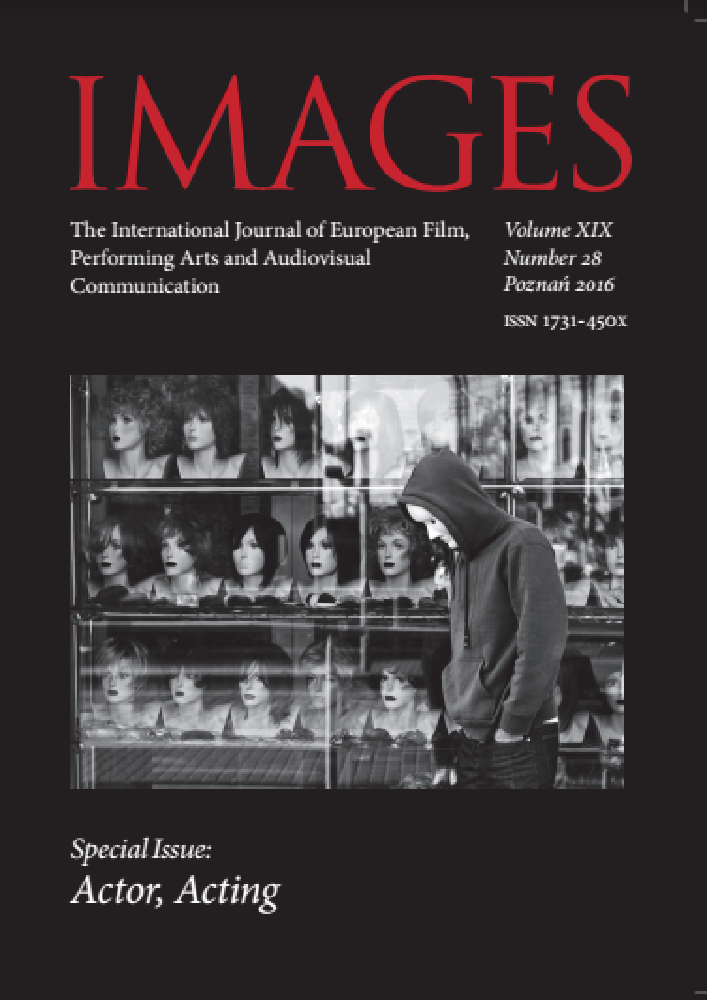Abstrakt
Terayama Shūji’s autobiographical fi lms against the background of the Japanese NewWave. On the boundary between cinema and theatreShuji Terayama (1935-1983) was a Japanese avant-garde poet, novelist, film and theatre director, as well as the founder of the very eccentric Japanese theatrical troupe named Tenjo Sajiki. He is a world-renowned character, regarded as one of the most original and influential figures in Japanese modern art. Although he was considered the originator of a series of scandalous events, he was still supported by a range of important Japanese and Europeans stage directors, art designers, writers and poets who who lavishly praised him for his revolutionary art techniques and his genius capable of invoking in the audience something more than just the mere interpretation of a play. The paper revolves around Terayamas representative film works in which cinema and theatre intertwine with each other. The author depicts Terayamas films within the framework of the Japanese New Wave genre, concentrating not only on their intertextual values, but also on Terayamas autobiographical events - indispensable knowledge that facilitates understanding of his works.
Bibliografia
Gordon A., 2010, Nowożytna historia Japonii, przeł. I. Merklejn, Warszawa.
Janicki S., 1982, Film japoński, Warszawa.
Morita N., 2006, Avant-garde, pastiche, and media crossing: Films of Terayama Shūji, [w:] „Waseda Global Forum” nr 3.
Płażewski J., 2007, Historia filmu 1895–2005, Warszawa.
Ridgely S., 2010, Japanese Counterculture: The Antiestablishment Art of Terayama Shūji, Minneapolis/London.
Sadakata A., 2000, Góra Sumeru i kraina Sukhawati. Zarys kosmologii buddyjskiej, przeł. M. Kanert, Poznań.
Satō T., 1995, Nihon eigashi [Historia kina japońskiego] 1960–1995, t. 3, Iwanami Shoten, Tōkyō.
Sharp J., 2008, Behind the Pink Curtain: The Complete History of Japanese Sex Cinema, Godalming.
Szczekała B., 2014, Mózgotrzepy i puzzle, czyli jak współczesne kino gra z widzem, [w:] „EKRANy” nr 1 (nr 17), s. 14–18.
Terayama S.,1976, Meiro to shikai [Labirynt i Morze Martwe], Tōkyō.
Tsuda T., 2013, Terayama Shūji to Tadeusshu Kantoru,[w:] Terayama Shūji Kenkyū [Badania nad twórczością Terayamy Shūjiego], s. 109–112, Tōkyō.
Licencja

Utwór dostępny jest na licencji Creative Commons Uznanie autorstwa – Użycie niekomercyjne – Bez utworów zależnych 4.0 Międzynarodowe.
